Silica is an essential trace mineral that’s present in all body tissues – with the highest concentrations found in bone and connective tissues [1].
While calcium and vitamin D often take the spotlight when it comes to bone health, silica is there working behind the scenes to keep your bones healthy and strong.
But bone health isn’t all that silica is good for. Due to its incorporation in connective tissues, silica imparts its benefits all over your body, specifically enhancing the integrity of your skin and joints.
There’s also research to support the potential benefits that silica may have on cardiovascular health and immunity[16][19].
So without further ado, let’s dive into the health benefits of silica.
Silica Health Benefits
#1 Silica Improves Bone Health
Research shows that silica plays a role in bone health by enhancing bone mineral density (BMD) and supporting collagen production [1].
For example, one study found that taking 40 mg of silica per day produced 10% higher bone mineral density than lower supplementation doses (around 14 mg) [2].
Exactly how silica enhances BMD is still not fully understood, but there is evidence that silica assists in calcium incorporation into bone, enhancing bone mineralization [3].
Furthermore, studies show that silica stimulates osteoblasts, the cells in your bones that are responsible for bone growth and mineralization, while also inhibiting osteoclasts, the cells that are responsible for bone breakdown (resorption) [4].
In addition to its direct impact on bone mineralization, silica is also known to enhance collagen production. Collagen is a major constituent of your bones, providing mechanical support to the bone tissue and scaffolding for bone cells [5][6].
In this view, silica assists in several aspects of bone growth and maintenance, which become increasingly important as you age.

#2 Silica Promotes Collagen Production
In addition to bone health, collagen also plays a vital role in skin, hair, nail, and joint health. Therefore, by stimulating the production of collagen, silica assists in the maintenance of several different tissues in your body [7].
Collagen is primarily found in your extracellular matrix (ECM), which is present in all tissues and organs. Your ECM is the non-cellular component of your body mass that provides physical scaffolding for your cellular components and initiates biochemical cues necessary for growth and maintenance [8].
Within your ECM, collagen is the most abundant protein, accounting for up to 30% of the total protein in your body. Its role is to provide tensile strength, movement, direct tissue development, and regulate cell adhesion [8].
Studies show that healthy collagen levels are crucial for enhancing and maintaining youthful-looking skin. As you age, your ECM can begin to break down due to slower collagen production, which results in less “scaffolding” under your skin. As you might imagine, if the scaffolding that’s meant to hold your skin taught starts to break down, the result is less skin elasticity and more wrinkles [9].
On the other hand, when your ECM remains strong due to healthy levels of collagen, your scaffolding can hold up, producing tighter-looking skin with fewer wrinkles [10].
You can naturally add more collagen to your diet by consuming foods such as bone broth, eggs, and red meat. And if you’re vegetarian, you can enhance your collagen production by consuming foods that contain the nutrients needed for collagen production; such as vitamin C (berries and citrus fruits), the amino acid proline (found in asparagus, beans, and buckwheat), and lysine (found in dairy products, tofu, and spirulina).
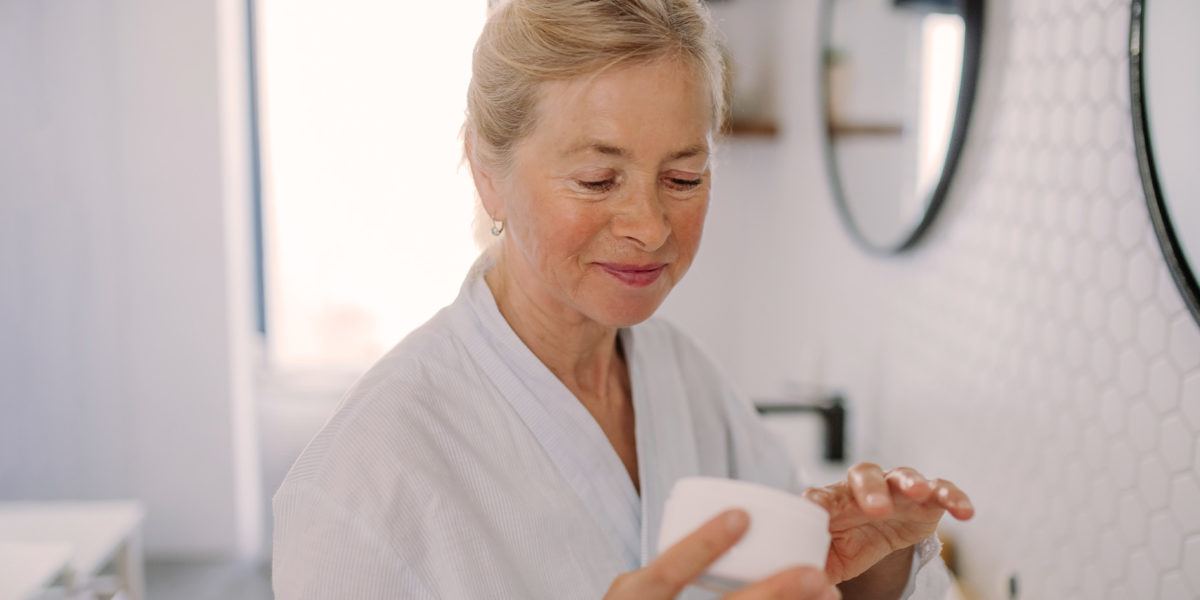
#3 Silica Stabilizes and Lubricates Your Joints
Due to its role in collagen production, silica also has beneficial effects on your joints, specifically due to collagens’ incorporation in your cartilage tissue.
Cartilage is the connective tissue that protects your joints and bones, acting as a strong and flexible shock absorber throughout your body. When your bones meet at your joints, they are covered with a thin layer of cartilage known as articular cartilage. This is an incredibly important aspect of your anatomy that prevents your bones from rubbing together when you use your joints [11].
When articular cartilage is damaged, it can eventually lead to osteoarthritis, which is most common in older people due to the wearing away of this tissue [12].
Collagen helps to form the extracellular matrix of cartilage tissue and plays a crucial role in the basement membrane (type of ECM) in articular cartilage. As mentioned, as you age, collagen breakdown increases, and it can become harder to maintain the integrity of these connective tissues [13].
When collagen production is healthy, however, it’s much easier to preserve your articular cartilage and therefore protect joint health. In fact, research shows that maintaining healthy collagen levels can improve symptoms of osteoarthritis and may reduce the risk of joint deterioration in high-risk groups [14][15].
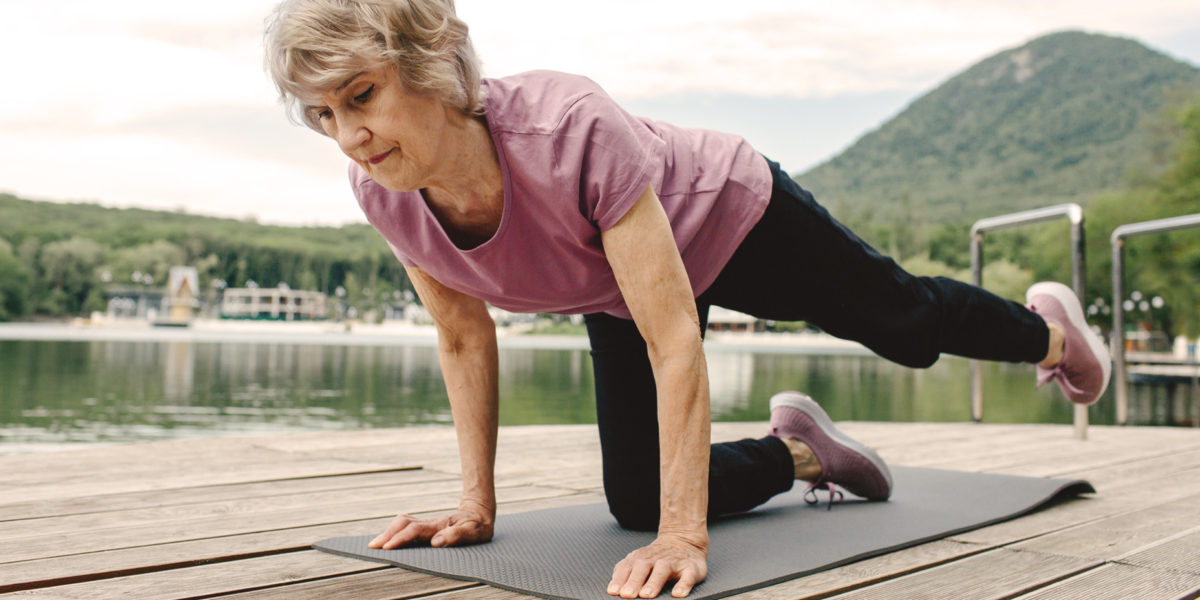
#4 Silica Helps Your Heart and Immune System
Heart disease is much more common in industrialized countries than it is in third-world nations, and many experts believe that this is due, at least in part, to the food supply. One nutrient that’s lost when foods are highly processed is silica, which draws a line between silica deficiency and atherosclerosis.
Anatomically, your arterial walls contain exceptionally high levels of silica and, therefore, would require dietary sources of this mineral to maintain their integrity. Furthermore, animal studies show that a diet high in silica inhibits the formation of atherosclerotic plaques, which are one of the initiation factors leading to heart disease [16][17].
In one study, upon supplementation with silica, hypertensive rats saw a significant reduction in blood pressure [18].
In addition to its potential heart-health benefits, silica is also known to stimulate the immune system, specifically upregulating neutrophils, T lymphocytes, and NK cells. However, immune research has primarily only been conducted in animals [19].
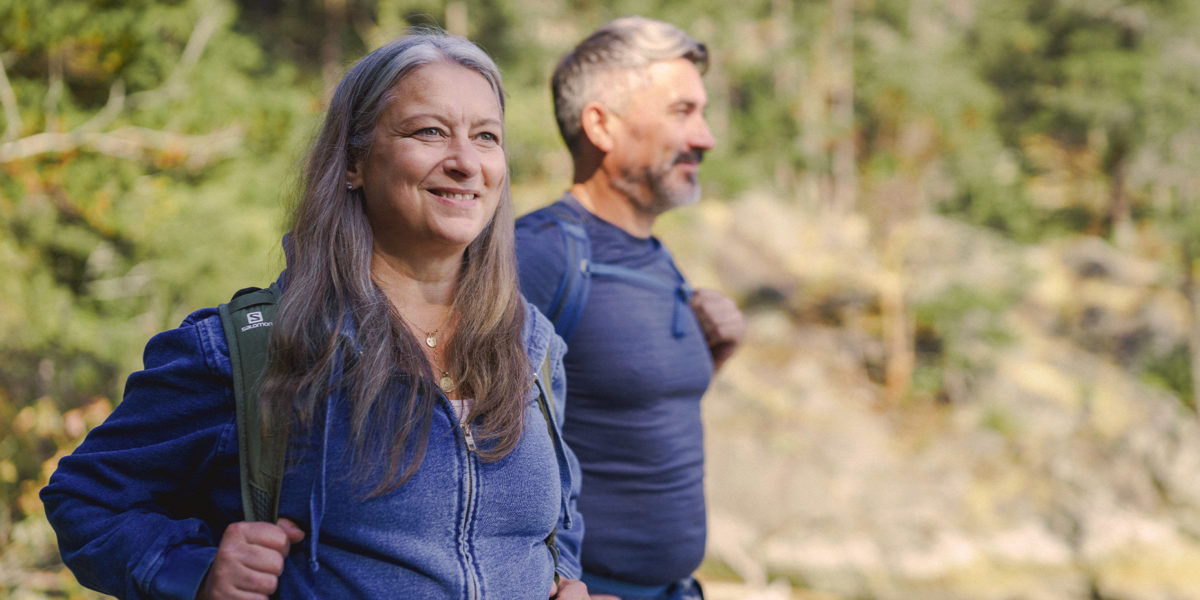
How To Get More Silica
Silica is an essential trace mineral, meaning you must get it through your diet (or supplementation), but you only need it in small amounts. This makes it easy to get enough silica each day, as long as you know where to look.
Some of the most abundant food sources of silica include:
- Oats
- Bananas
- Apples
- Leafy green vegetables
- Kelp (seaweed)
- Nuts
- Seeds
- Beets
- Potatoes
- Brown rice
- Figs
- Pumpkin
- Seafood (especially mussels)
You can also get silica from drinking certain types of herbal teas, such as nettles, alfalfa, dandelion, and horsetail.
For some people, food sources aren’t enough to replenish their silica stores. This mineral can be hard to absorb as it is often found in the fibrous portion of your foods. If you feel that you may need a boost in your silica intake, there are plenty of supplement options out there.
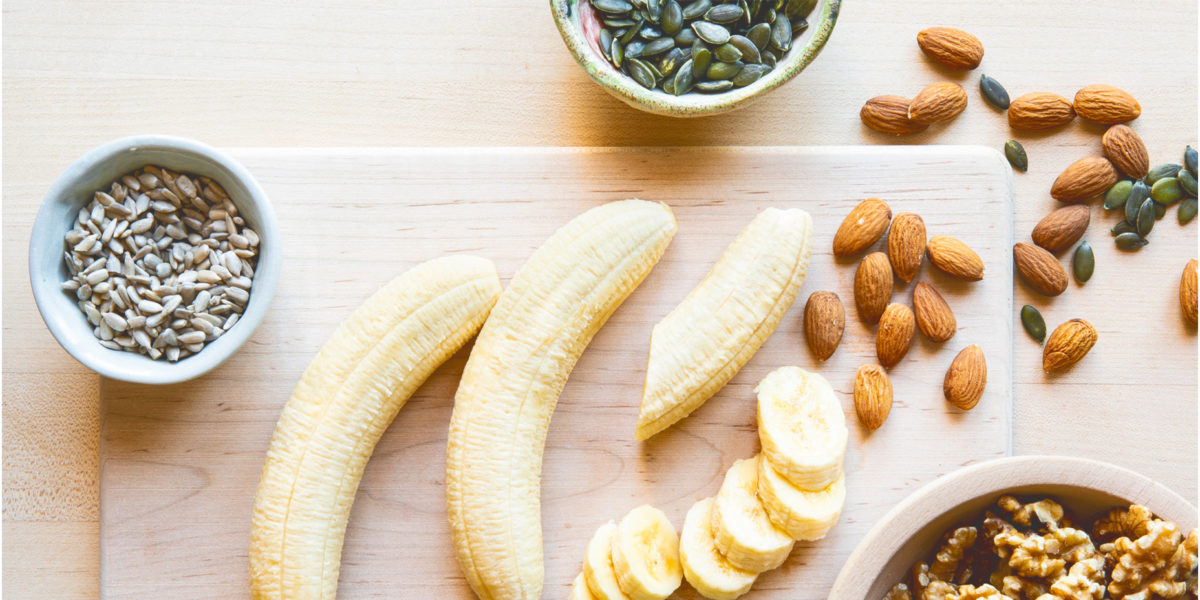
Takeaway
Your body is composed of an army of nutrients that work together synergistically to carry out all the functions you need for optimal health. While some of those nutrients tend to make headlines, others work modestly behind the scenes pulling it all together. Silica is what you might call a supporting character that plays an essential role in your health.
From what we currently know about this nutrient, its activity is vital to bone health, joint health, skin health, and potentially immune and heart health.
With that being said, due to its essential nature, you must replenish silica either through diet or supplementation to maintain healthy levels in your body. Enjoy silica-rich foods like nuts, seeds, apples, seafood, oats, and greens. And when in doubt, you can always cover your bases with a mineral supplement.
For more information on bone health and healthy aging, sign up for the AlgaeCal Newsletter to receive tips, tricks, and updates.
References
- Jugdaohsingh, Ravin. “Silicon and bone health.” The journal of nutrition, health & aging 11.2 (2007): 99.
- Jugdaohsingh, Ravin, et al. “Dietary silicon intake is positively associated with bone mineral density in men and premenopausal women of the Framingham Offspring cohort.” Journal of Bone and Mineral Research 19.2 (2004): 297-307.
- Hott, Monique, et al. “Short-term effects of organic silicon on trabecular bone in mature ovariectomized rats.” Calcified tissue international 53.3 (1993): 174-179.
- Mladenović, Živko, et al. “Soluble silica inhibits osteoclast formation and bone resorption in vitro.” Acta biomaterialia 10.1 (2014): 406-418.
- Lin, Xiao, et al. “The bone extracellular matrix in bone formation and regeneration.” Frontiers in pharmacology 11 (2020): 757.
- Price, Charles T., Kenneth J. Koval, and Joshua R. Langford. “Silicon: a review of its potential role in the prevention and treatment of postmenopausal osteoporosis.” International journal of endocrinology 2013 (2013).
- Araújo, Lidiane Advincula de, Flavia Addor, and Patrícia Maria Berardo Gonçalves Maia Campos. “Use of silicon for skin and hair care: an approach of chemical forms available and efficacy.” Anais brasileiros de dermatologia 91 (2016): 0331-0335.
- Frantz, Christian, Kathleen M. Stewart, and Valerie M. Weaver. “The extracellular matrix at a glance.” Journal of cell science 123.24 (2010): 4195-4200.
- Al-Atif, Hend. “Collagen supplements for aging and wrinkles: a paradigm shift in the fields of dermatology and cosmetics.” Dermatology Practical & Conceptual 12.1 (2022).
- Bolke, Liane, et al. “A collagen supplement improves skin hydration, elasticity, roughness, and density: Results of a randomized, placebo-controlled, blind study.” Nutrients 11.10 (2019): 2494.
- https://my.clevelandclinic.org/health/body/23173-cartilage
- https://www.mayoclinic.org/diseases-conditions/osteoarthritis/symptoms-causes/syc-20351925
- Eyre, D. R. “The collagens of articular cartilage.” Seminars in arthritis and rheumatism. Vol. 21. No. 3. WB Saunders, 1991.
- García-Coronado, Juan Mario, et al. “Effect of collagen supplementation on osteoarthritis symptoms: a meta-analysis of randomized placebo-controlled trials.” International Orthopaedics 43.3 (2019): 531-538.
- Clark, Kristine L., et al. “24-Week study on the use of collagen hydrolysate as a dietary supplement in athletes with activity-related joint pain.” Current medical research and opinion 24.5 (2008): 1485-1496.
- Schwarz, Klaus. “Silicon, fibre, and atherosclerosis.” The Lancet 309.8009 (1977): 454-457.
- Loeper, J., et al. “The antiatheromatous action of silicon.” Atherosclerosis 33.4 (1979): 397-408.
- Maehira, Fusako, et al. “Soluble silica and coral sand suppress high blood pressure and improve the related aortic gene expressions in spontaneously hypertensive rats.” Nutrition research 31.2 (2011): 147-156.
- Jurkić, Lela Munjas, et al. “Biological and therapeutic effects of ortho-silicic acid and some ortho-silicic acid-releasing compounds: New perspectives for therapy.” Nutrition & metabolism 10.1 (2013): 1-12.
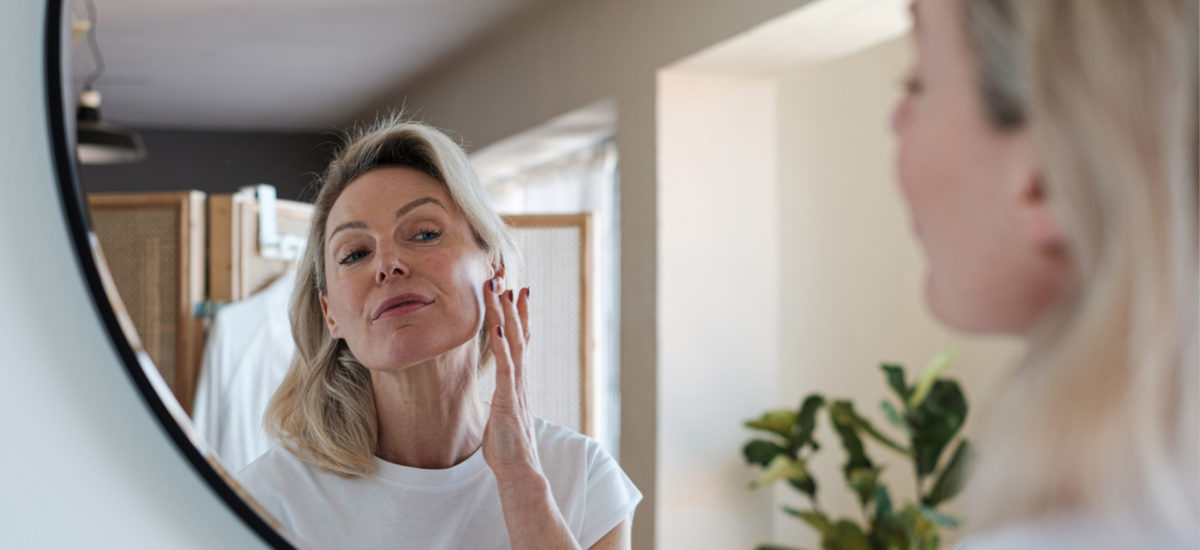




Rose
December 27, 2022 , 10:37 pmWhat supplements do I buy to get this silica